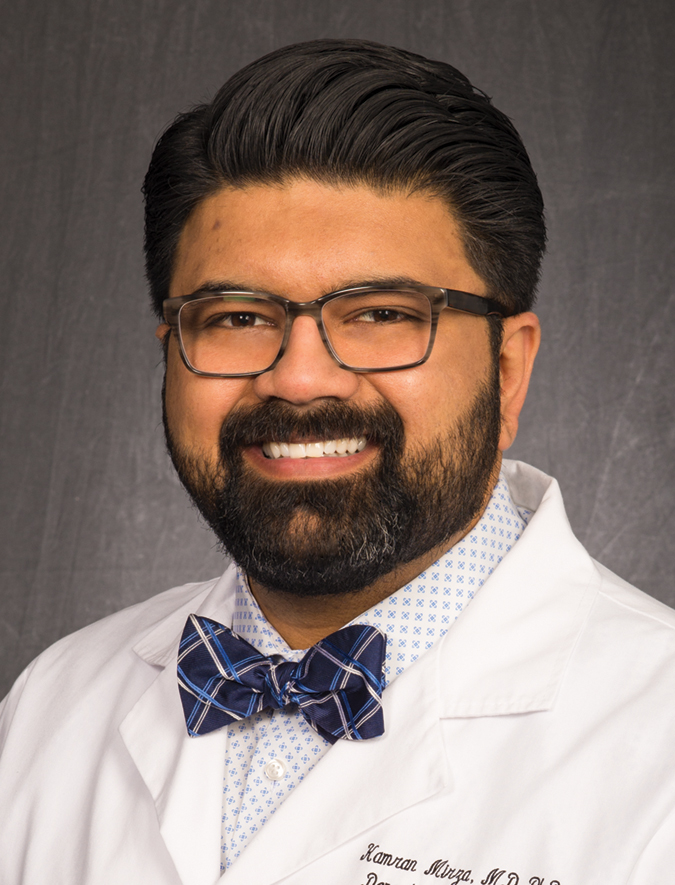Learning Styles in Pathology: A Comparative Analysis and Implications for Learner-Centered Education. Journal Article
Local Library Link: Find It @ Loyola
| Authors: | Ahmed, A; Wojcik, EM; Ananthanarayanan, V; Mulder, L; Mirza, KM |
| Article Title: | Learning Styles in Pathology: A Comparative Analysis and Implications for Learner-Centered Education. |
| Abstract: | Initiatives like "American Medical Association (AMA)-Reimagining Residency" and "Accreditation Council for Graduate Medical Education (ACGME)-Next Accreditation System" are examples of a paradigm shift toward learner-centered pedagogy in resident education. Such interventions require an understanding of the basics of the learning process itself. This study aimed to identify preferred learning styles in pathology with the intent to use specialty-specific pattern data, if any, to improve pathology training modalities. Kolb's learning tool questionnaire was sent to pathology-inclined medical students, pathology residents, fellows, and faculty in 5 academic programs. Data from 84 respondents (6 students, 37 residents, 12 fellows, 29 attendings) were analyzed. There was remarkable similarity in learning styles of fellows and faculty, revealing a dominance of observational learning styles ("assimilating" and "diverging") that was consistent with pathology being a visual field. In contrast, residents showed dominance of "learn by doing" styles ("converging" and "accommodating"). Residents' stratification by training year showed a scattered distribution with an upward trend toward "learn by doing" behavior. While the difference in styles between residents and faculty/fellows may be due to a generational gap, transition from medical school, or acquisition of technical skills required for grossing specimens, this is an opportunity for adopting blended learning models and active learning processes to cater to residents' different styles and to allow for flexibility to use all styles as and when needed. Based on these findings, we hypothesize that partnering juniors and seniors with similar styles has a potential for successful mentorship and exploration of other psychometrics is recommended for further understanding and improvement of pathology training. |
| Journal Title: | Academic pathology |
| Publisher: | Unknown |
| Date Published: | 2019 |
LUC Authors
Related LUC Article



